
Central African Republic plunged into bloody sectarian violence in 2013 with the overthrow of president Francois Bozize by mainly Muslim rebels, prompting a counter-offensive by Christian militias.
Here is a snapshot of the main events.
Coup
On March 24, 2013 rebels from a Muslim-dominated coalition called Seleka -- which means "alliance" in the Sango language -- seize the capital Bangui after running battles with government forces.
Bozize, a Christian who has been in power for 10 years, flees.
Seleka leader Michel Djotodia proclaims himself president of the predominantly Christian country.
European Union condemns the coup as "unacceptable" and the African Union suspends the country's membership.
In early September, around 100 people are killed in two days of fighting between Seleka rebels and Christians loyal to Bozize around Bossangoa, 250 kilometres (155 miles) northwest of the capital.
Christians form vigilante self-defence groups that are known as anti-Balaka, which means anti-machete.
France intervenes
With sectarian violence engulfing the country, leaving hundreds dead, former colonial power France intervenes, sending troops in under a UN mandate in early December.
A combined force of 2,000 French troops and 4,000 African Union soldiers is put in place.
In January 2014, Djotodia resigns under international pressure over his failure to end the violence. Parliament elects an interim president.
In September, a new UN mission known as MINUSCA takes over from the African MISCA force.
'Thousands' killed
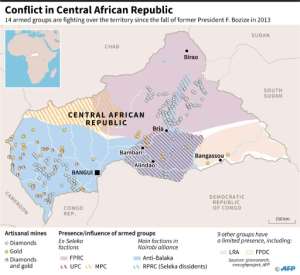 Chronology of conflict in Central African Republic. By Sabrina BLANCHARD (AFP)
Chronology of conflict in Central African Republic. By Sabrina BLANCHARD (AFP) In January 2015, a UN investigation concludes that both sides in the conflict had committed crimes against humanity, including "ethnic cleansing", but found the international intervention helped avoid a genocide.
It put the death toll in the "thousands".
In December that year, voters overwhelmingly back a constitutional referendum creating a sixth republic and setting a two-term limit to the presidency.
In a run-off vote on February 14, 2016 former prime minister Faustin-Archange Touadera is elected president.
France ends its military operation in late October.
Renewed violence
Sectarian violence flares again in May 2017 in the central towns of Bangassou, Alindao and Bria, forcing tens of thousands to flee.
The United Nations expresses alarm about "widespread instability".
In late June around 100 people are killed in Bria.
Peace initiatives
From July 2017, the African Union begins efforts to bring armed groups and the government together for peace talks.
In April and May 2018, Bangui's PK5 Muslim neighbourhood is the scene of deadly violence.
In late July, three Russian journalists are killed as they investigate the activities of Russian mercenaries in CAR.
In August, in parallel with AU mediation efforts, Russia and Sudan organise a meeting in Khartoum between rival armed groups.
The government launches a disarmament process.
Arrests
In October 2018, a Special Criminal Court is inaugurated to try war crimes and violations of human rights since 2003.
Barely a month later, there is a new upsurge in violence with at least 60 people, including two priests, killed in clashes in Alindao between Muslim-dominated militias and anti-Balaka forces.
The same month former anti-Balaka chief Alfred Yekatom, accused of crimes against humanity, is handed over to the International Criminal Court (ICC) in The Hague.
In January 2019, CAR football chief Patrice-Edouard Ngaissona, is also handed over to the Hague court a month after being arrested in France on an ICC warrant that describes him as the "most senior leader" of the anti-Balaka.
Peace initiative
On January 24, 2019, a new round of AU-sponsored peace talks opens in Khartoum, bringing together the government and 14 armed groups.
It results in a new peace accord, the eighth such agreement to be reached since the violence began in 2013.
Read Full Story
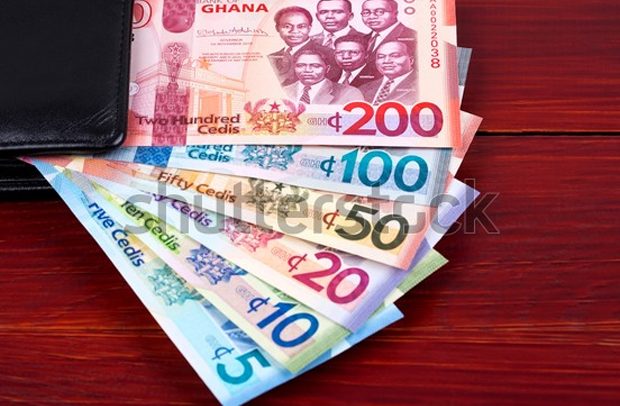
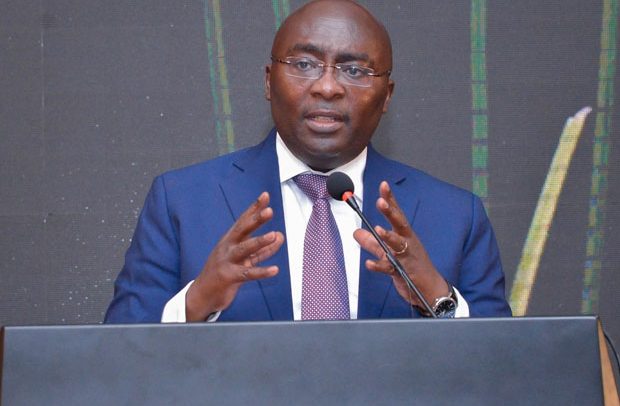
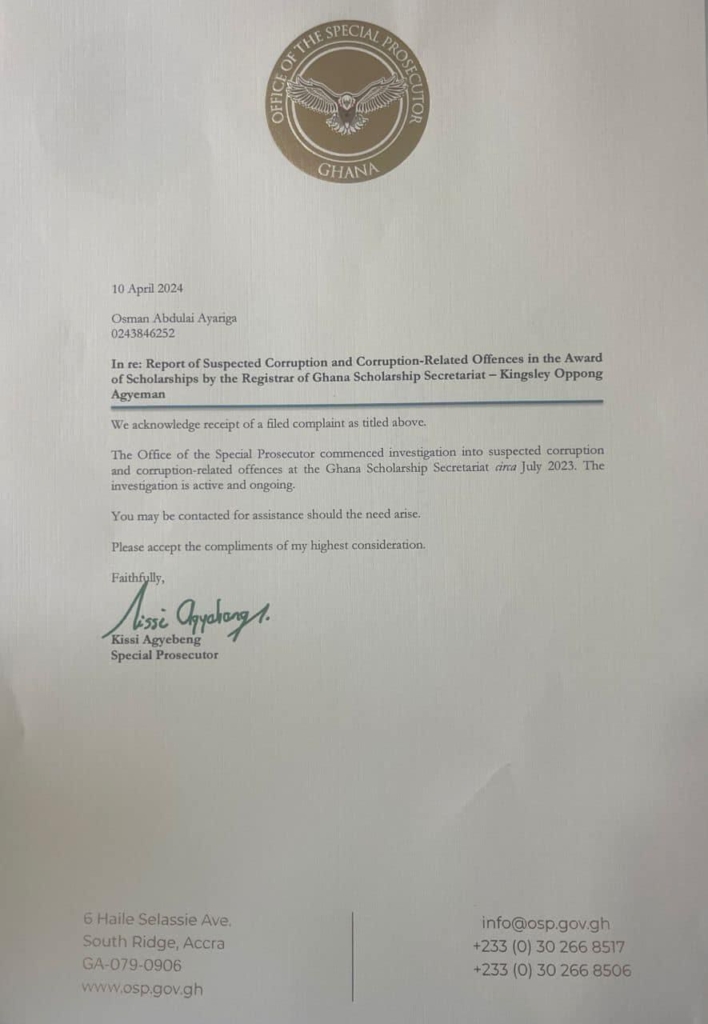






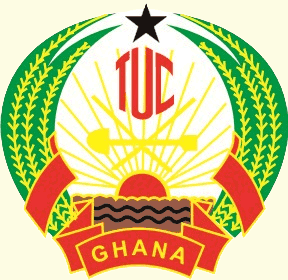
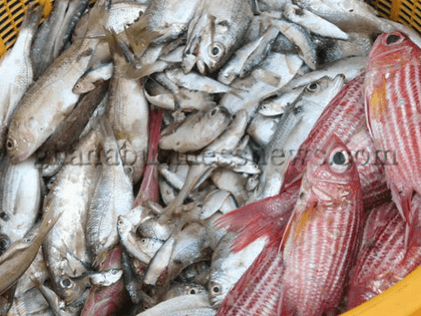

Facebook
Twitter
Pinterest
Instagram
Google+
YouTube
LinkedIn
RSS